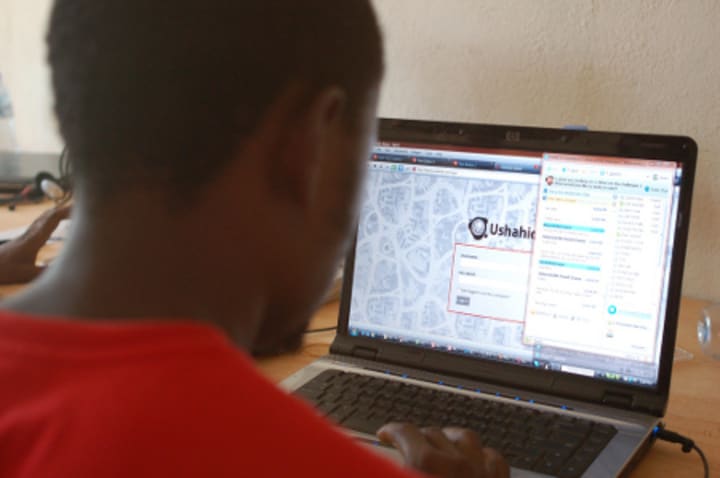
After three years working in Ethiopia, Owen Barder relocated to Washington last month to become a senior fellow and director for Europe at the Center for Global Development. Before assuming his current post, Barder blogged about lessons learned on aid transparency; here are three of them:
1. To make a difference, transparency has to be citizen-centred not donor-centred.
Citizen-centred transparency would allow citizens of developing countries to combine and use information from many different donor agencies; and provide aid information compatible with the classifications of their own country budget.
2. Today’s ways of publishing information serve the needs of the powerful, not citizens.
Existing mechanisms for publishing aid information were designed by the powerful for the powerful. Until the aidinfo team started 3 years ago, nobody had ever done a systematic study of the information needs of all stakeholders, including citizens, parliamentarians and civil society, let alone thought about how those needs could be met.
3. People in developing countries want transparency of execution not just allocation.
There are important differences between the information requirements of people in donor countries and people in developing countries. Current systems for aid transparency focus mainly on transparency of aid allocation, because that is what donor country stakeholders are largely interested in, and not enough on transparency of spending execution, which is of primary interest to people in developing countries.
Re-published with permission. Read the full blog post.




